When Superman announced his identity to the world, it’s safe to say the decision divided DC fans. Many felt he should have kept his secret as Clark Kent safe, while others thought it was a proactive, honest move to shake up the status quo.
Coincidentally, the publisher has decided to reverse the decision, making the truth hidden again, not just for Kal-El but for his son Jon, too. It’s still obscure as to what’s the long-term plan, but as usual, DC’s touting something big, and connected to a larger tapestry. However, recalling the identity perpetuates a lazy and cliché comic book trope that lacks creativity.
Superheroes Like Superman Don’t Need to Be Hidden

Marvel, for example, walked this back with Peter Parker after he revealed his identity in the original Civil War (by Mark Millar and Steve McNiven). It then took Mephisto’s supernatural dealings to reverse things, which has left fans polarized to this day. Some thought Pete being an adult and responsible would have benefited him, raising the stakes for MJ and Aunt May, which eventually happened when May got shot. Thankfully, she survived, but it confirmed how comics could blend realism with escapism.
In Superman’s case, Clark was doing the right thing, based on the rationale he gave about truth, justice, and honor. This wasn’t just about the American way — it was for the better tomorrow, proving he had journalistic integrity, morals, and ethics. In the process, having heroes in public like this, makes stories feel fresh and human. It shapes something original at a time even indie publishers keep their heroes hidden (as seen in the likes of Radiant Black). If heroes are out and about, though, they’ll feel relatable and like one of the people, despite the risks, which creates that deep emotional connection most creatives dream of.
Superheroes Don’t Need to Be Gimmicky

What’s an advantage for Superman is the authenticity shines through, reducing the gimmicky vibe. However, once the identity goes back, no one will ever take the publisher seriously regarding masks coming off. It’ll feel cheap and like a marketing tactic, which shouldn’t be the intended effect. The Man of Steel, after all, not hiding his identity presents a challenge that’ll push the creative team, subvert the industry, and get the common people to feel like they’re on the ground with the superhero. Sadly, the idea superheroes should hide the truth, as it adds more drama for them and their families are archaic.
In Superman’s case, it’s outdated, and for his son, Jon, it’s quite regressive. These alien migrants, for example, should be themselves, unabashed and unapologetically, without the forced drama of having to hide their real identities. Ultimately, this makes the publisher feel as if they’re over-relying on the endangerment of the heroes’ loved ones to stir tension, suspense, and dread. It’s, honestly, an overdone tactic by now, at a time fans want more nuance. Sadly, hiding Kal-El’s truth again feels like its cowardice, making the readers think this facade is the anchor of the character. That’s not the case — it’s their heart, soul, and good deeds, which would resonate more if they’re not mysterious strangers to the masses, but humans and citizens like them.
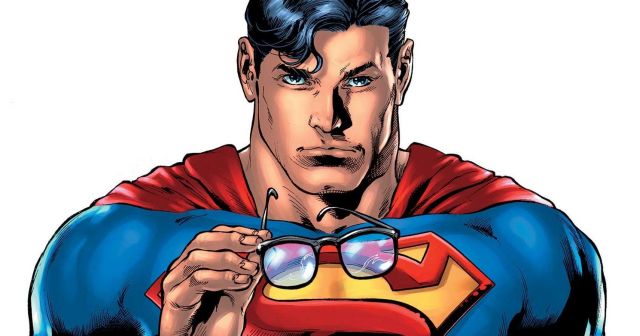



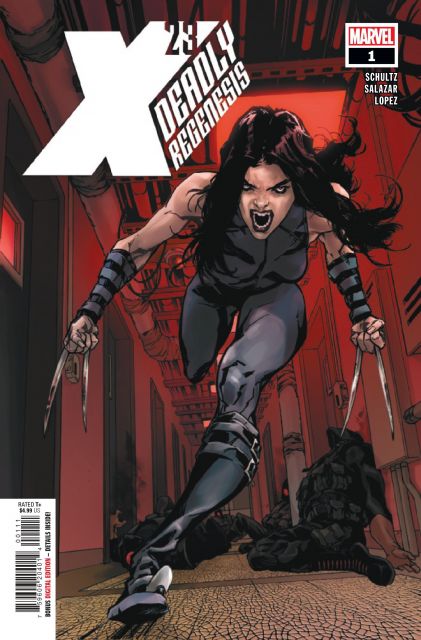
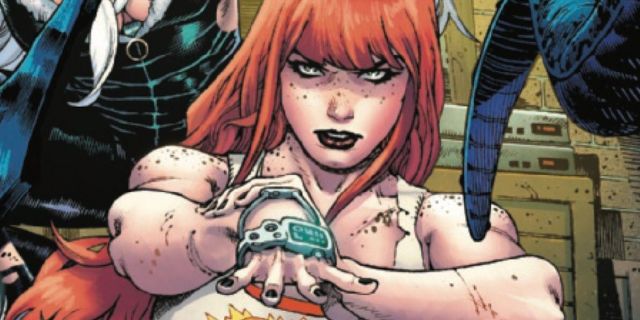

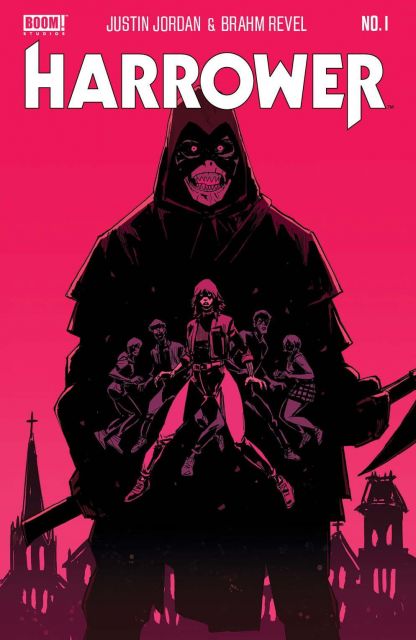
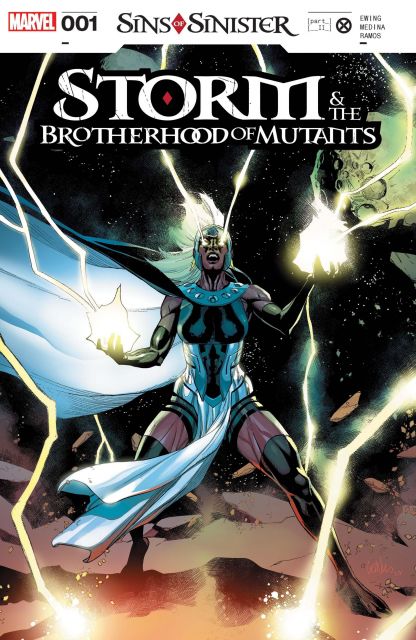
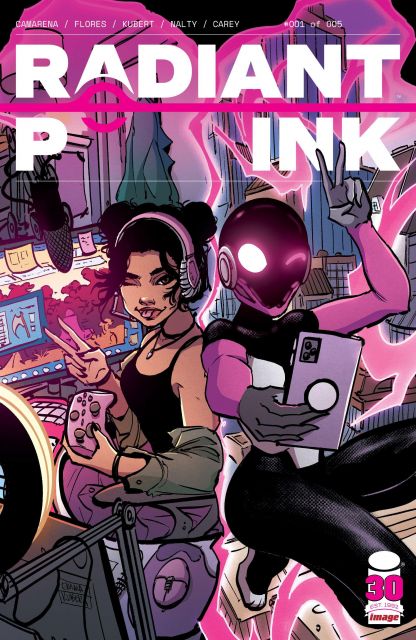





Leave a Reply